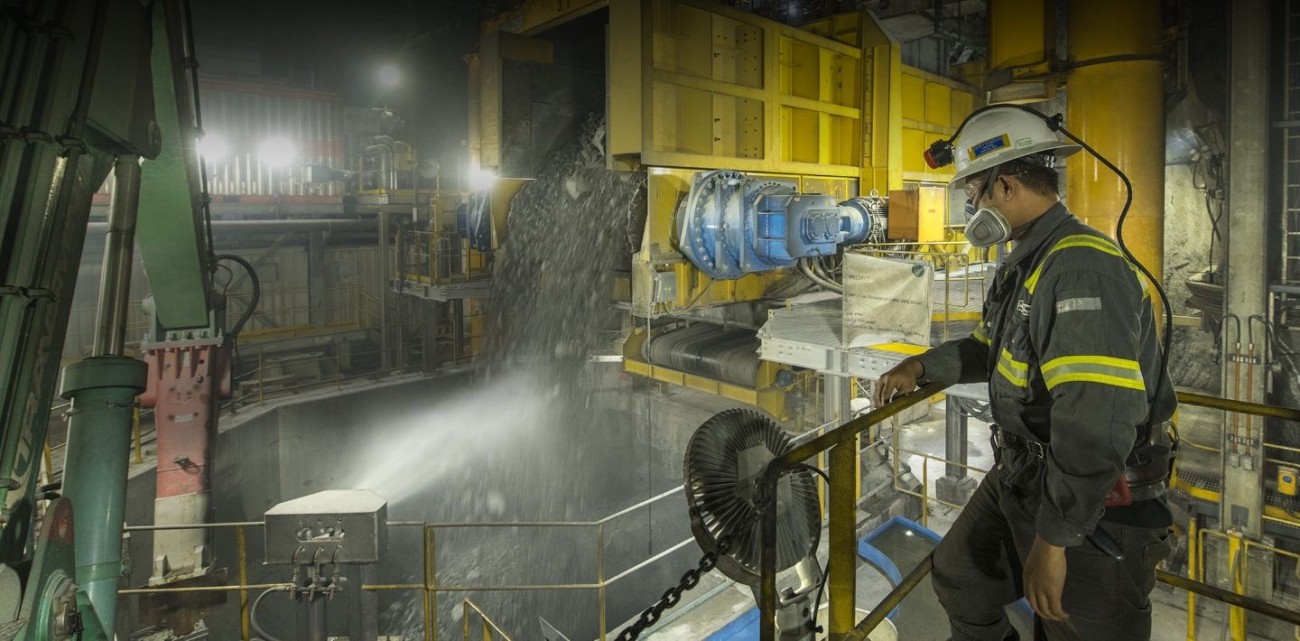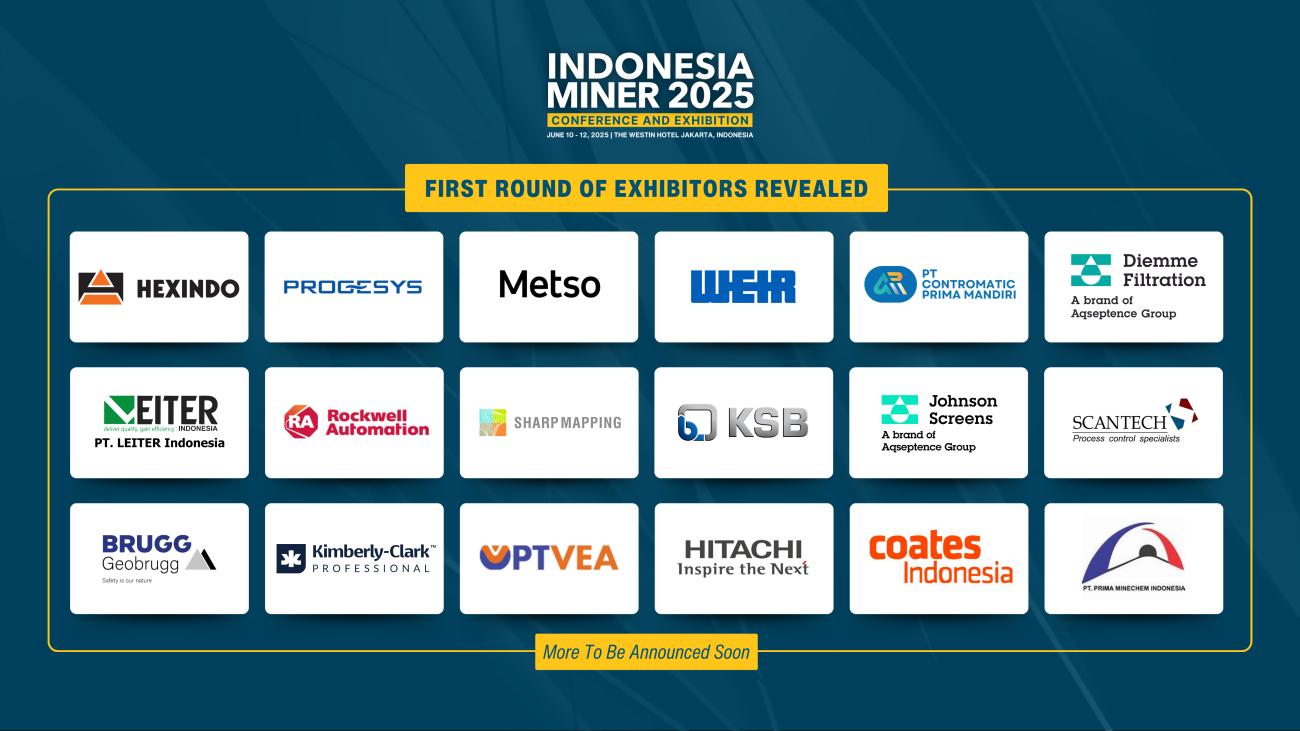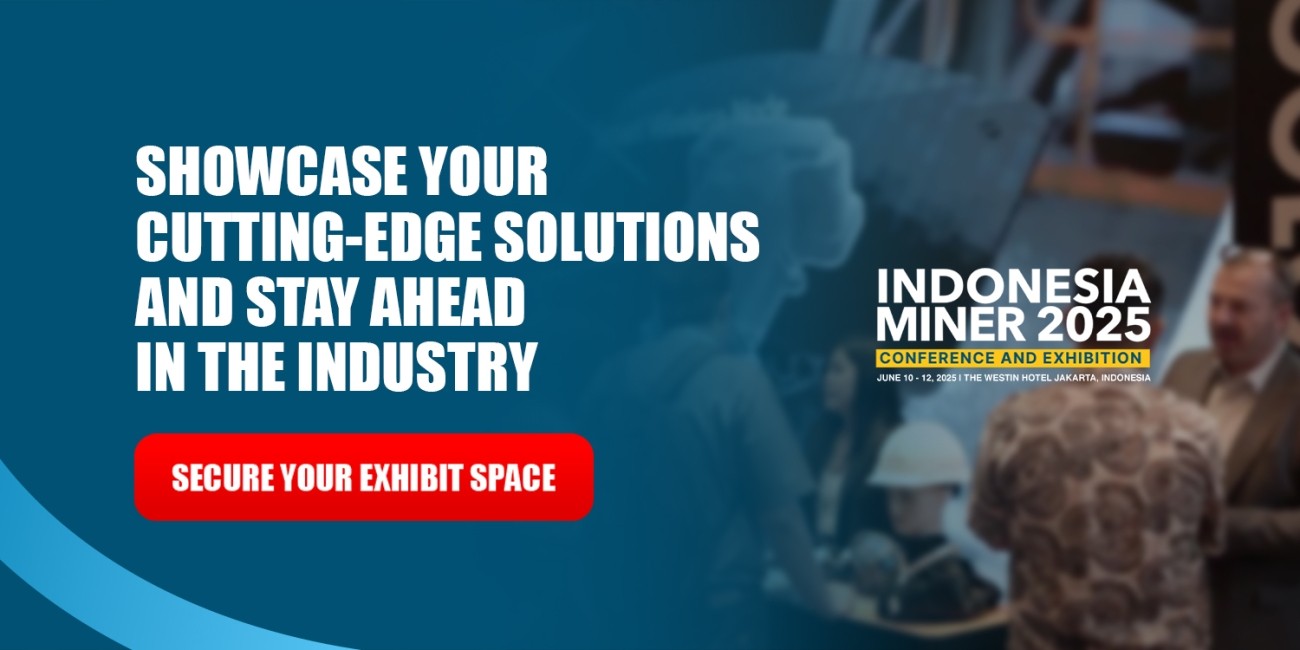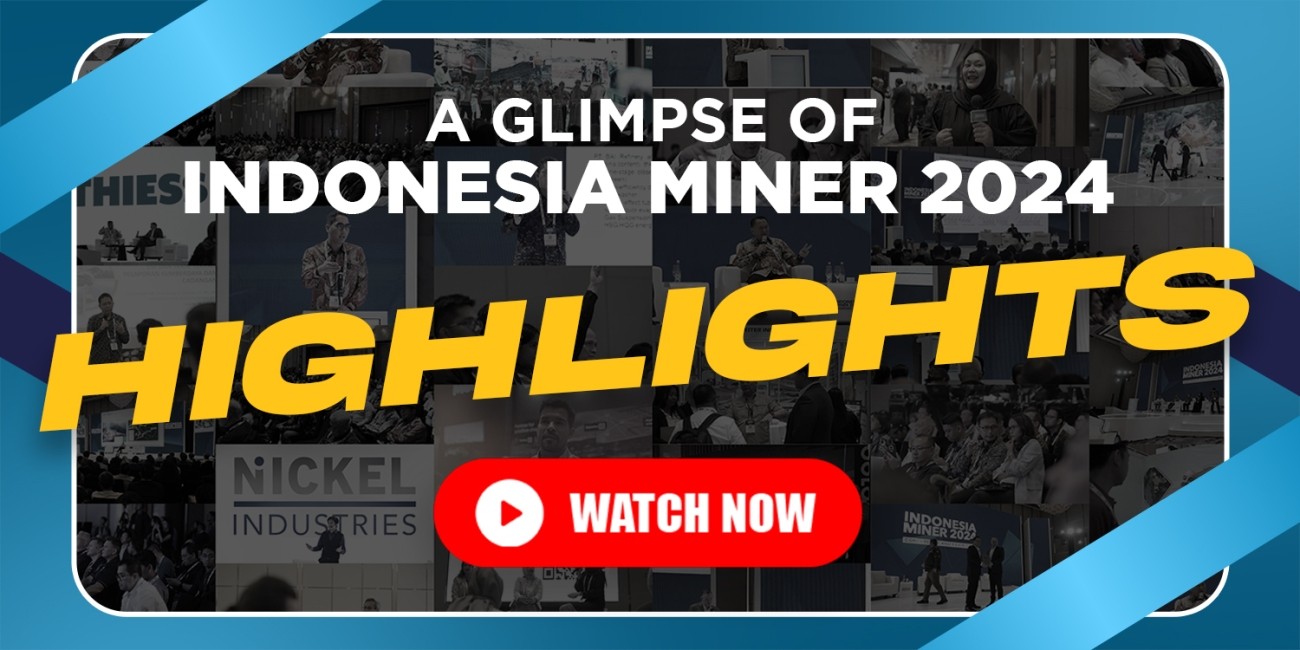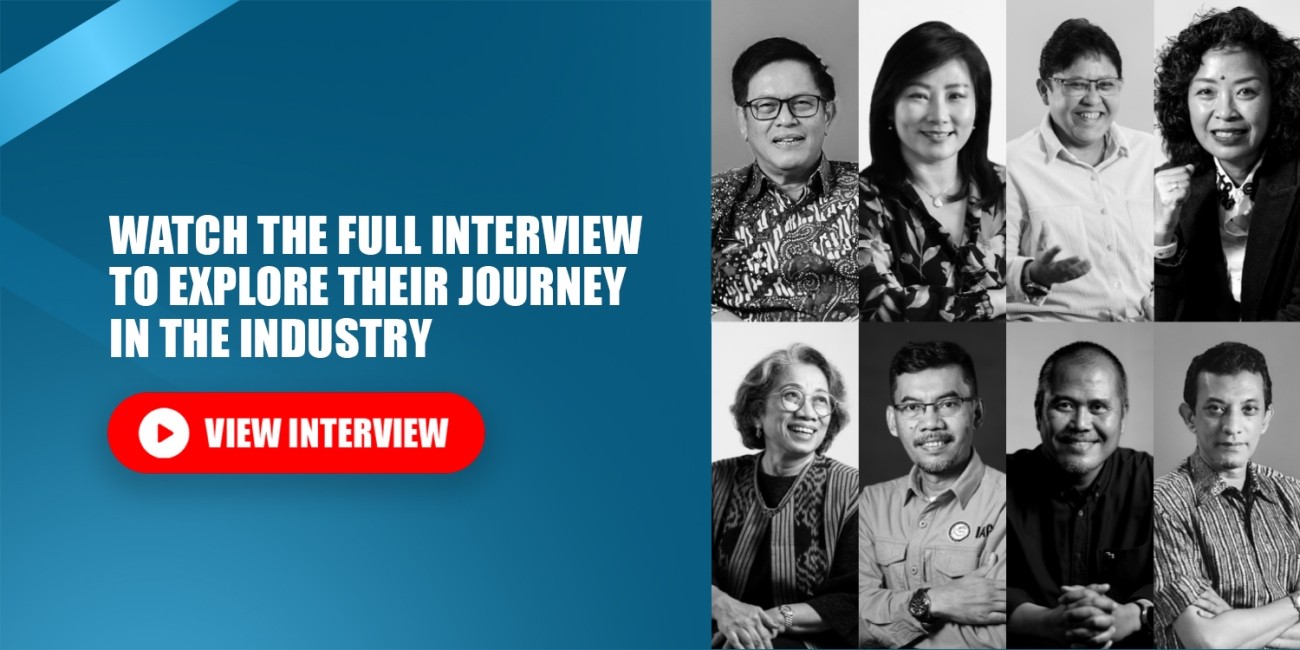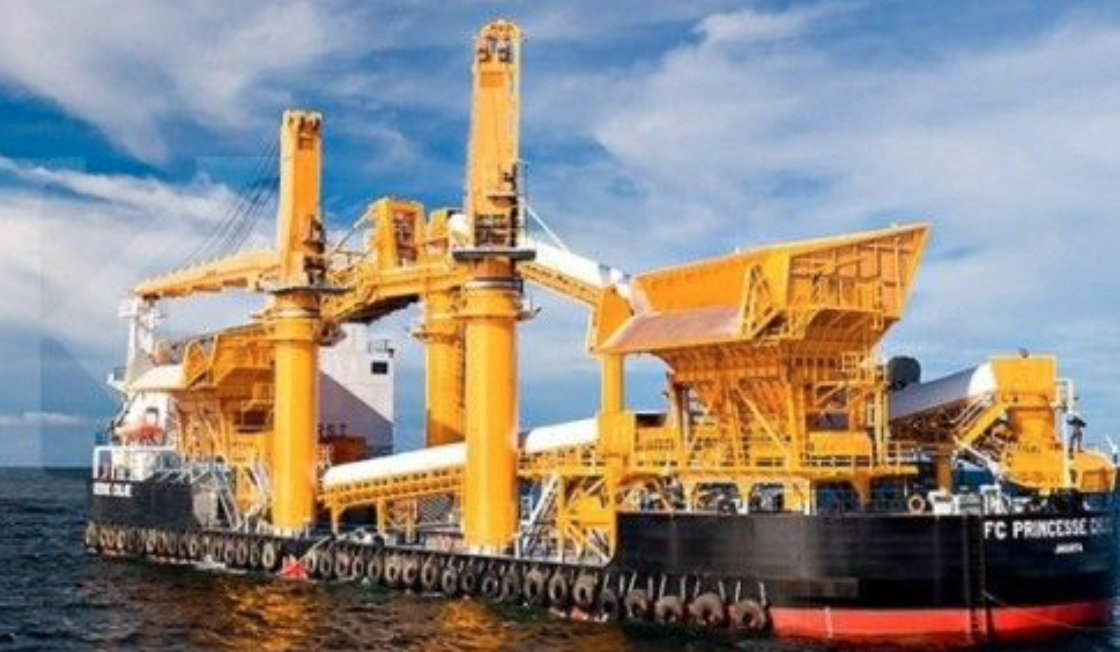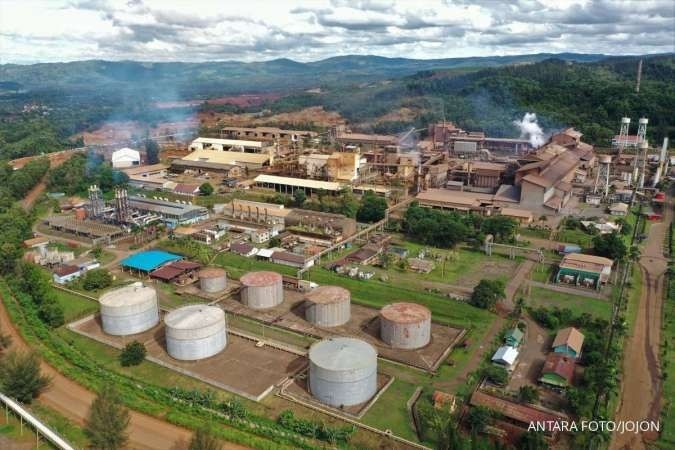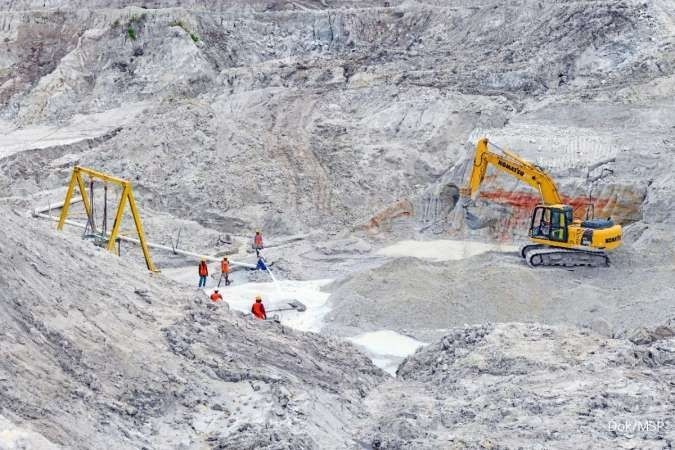Used in power cables and electric vehicles (EVs), copper is a vital part of the global shift to renewables. The world's second-biggest copper mine is in Grasberg, Papua, and plays a significant role in Indonesia’s energy transition and quest to develop the domestic EV industry.
PT Freeport Indonesia president director Tony Wenas spoke to The Jakarta Post's Mark Lempp and Aditya Hadi in Jakarta on Sept. 4 and discussed the extension of the company’s special mining license (IUPK) and its objection to the revised rules on export duties. Tony, who is also vice chairman of investment at the Indonesian Chamber of Commerce and Industry (Kadin), also spoke about the importance of regulatory stability in view of the 2024 elections.
Question: How do you assess international investors' appetite for Indonesia, and has the Job Creation Law helped?
Answer: They look at several factors, from the inflation rate to population numbers, to political stability and [overall] safety. Indonesia [scores well in] all of those factors.
With exclusive interviews and in-depth coverage of the region's most pressing business issues, "Prospects" is the go-to source for staying ahead of the curve in Indonesia's rapidly evolving business landscape.
The macroeconomic numbers are promising, with political stability for the past nine years. President Jokowi's administration is much more stable compared to previous [administrations], so that has created the appetite for investors to come in.
The Job Creation Law [has made] the country more attractive, but investors are waiting for its implementation, as there are so many regulations that are still in the pipeline [waiting] to be enacted. The devil is in the details.
Personally, I think we need consistency and the continuation of what has already been done. I'm not saying that I’m against change, but [change should be] for things that need to be fixed. As for the good things that have been [achieved], let's continue [them].
Speaking of continuity, what is the progress on Freeport's IUPK extension beyond 2041?
That matter is still under discussion. There is a discussion with the government on several topics, such as smelter construction in Papua and additional shares.
We believe that there is a very big resource potential beneath the existing mine, around 3 billion tonnes. But we have to do detailed exploration, and I cannot justify my shareholders spending money on this without a guarantee that the IUPK will be extended.
How is construction progressing on your new smelter in Gresik?
Progress until the end of July is around 75 percent. The plan is to complete the physical construction by the end of this year. Then, we will conduct pre-commissioning and commissioning processes to start operating the smelter in May next year.
The newly built smelter will have a total capacity of 1.7 million tonnes of copper concentrate a year. But we are also expanding the capacity of our existing smelter in Gresik from 1 million to 1.3 million tonnes. That process will also be ready by the end of this year.
Recently, you sent a letter of objection to the government about the revised export duty policy. What was behind that?
Based on the IUPK that was signed in 2018, and that was issued after a lengthy negotiation, there is a statement on the export duty that refers to a Finance Ministry regulation. In that regulation, the government said that if the smelter progress is above 50 percent, the export duty will be zero.
On top of that, the IUPK also mentions that the government will not impose any additional levies or taxes. That's why, while we [are continuing to] pay the export duty, we [are doing so as] "payment under protest".
But that's the normal course of business. If the government does not accept our objection, then we can appeal to the tax court. It's not like Freeport is suing the government.
But you could actually sue, right?
Yes, we could. But we are talking to the government first. After that, we don't know.
We want to find the best solution for the benefit of the country and the continuation of the operation to create more benefits for the country. But you know, legal certainty is very important, because it will affect the structure or the perception of global investors.
Do you think the government will push you toward more downstream efforts after the smelter is built?
The law basically says that we have to process copper and refine it domestically. We're in the mining business, and the most downstream product is metal. The next step is the manufacturing sector.
So building a smelter is not something you would actually choose to do?
We do it, because we have to do it. If we could choose, we'd rather export copper concentrate, because it's already 95 percent [of the value].
But we have to consider as well that the government plans to develop the EV ecosystem, and copper will play an important role there.
How is the demand for copper nowadays?
People around the world are now building renewable energy plants, including Indonesia. That will require much more copper, as it is used to transport electricity.
So, for example, a 1-megawatt [MW] wind farm will require 1.5 tonnes of copper and a 1 MW solar [power plant] will require something like 4 tonnes of copper. Meanwhile, EVs will require four times more copper than internal combustion engine vehicles. So the demand is there.
Do you feel any effect from slower Chinese growth?
A slowdown in China will reduce demand, of course, but in other parts of the world [growth] will keep increasing.
It's not like we're selling to China, for example, 40 percent of our product. It's probably more like 14 percent, and then Japan is 10 percent. Sometimes China goes down and Japan goes up.
I mean, the market is everywhere.
Image source: PT Freeport Indonesia
Source: www.thejakartapost.com/Executive Column Freeport Seeks Legal Certainty To Continue Operations
